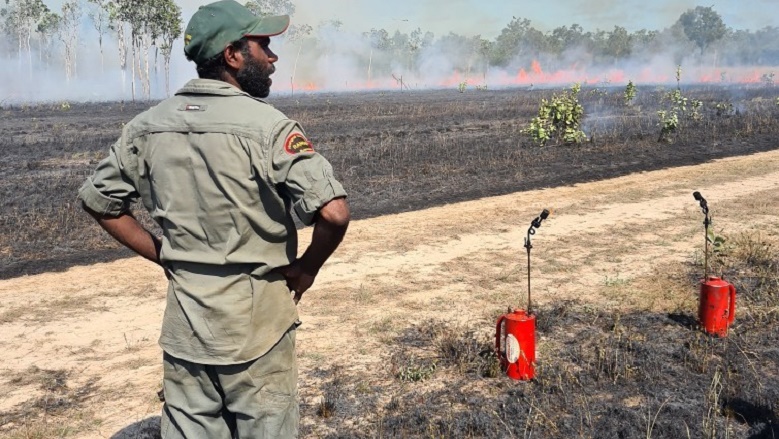In addition, the partnership with AbCF allows CBA to support the employment and training of local Indigenous rangers at the Kowanyama Carbon Project in Queensland. At Kowanyama, “savanna burning” is undertaken to reduce the frequency and extent of late, dry season fires in the savannas, resulting in fewer greenhouse gas emissions, while also allowing the continuation of cultural fire management practice.
AbCF CEO Rowan Foley said the company’s extended partnership with CBA would provide ongoing benefits to the local community.
“We are as much in the people business as we are in the carbon farming business. While the International Panel on Climate Change has identified that the protection and restoration of natural ecosystems could play an important role in limiting global warming to below 2°C, it also underscores the environmental, social and cultural co-benefits for the First Nations people and the corporate sector to address the UN Sustainable Development Goals,” Mr Foley said.
CBA Executive General Manager, Group Corporate Services, Jennifer Saiz said: “As Australia’s largest bank, we are mindful of how our actions impact the environment and the wellbeing of our community. With the extension of our partnership with the Aboriginal Carbon Foundation, we are pleased to play a role in helping to preserve local ethical, cultural and ecological practices, while also supporting the responsible global transition to net zero emissions by 2050.”




